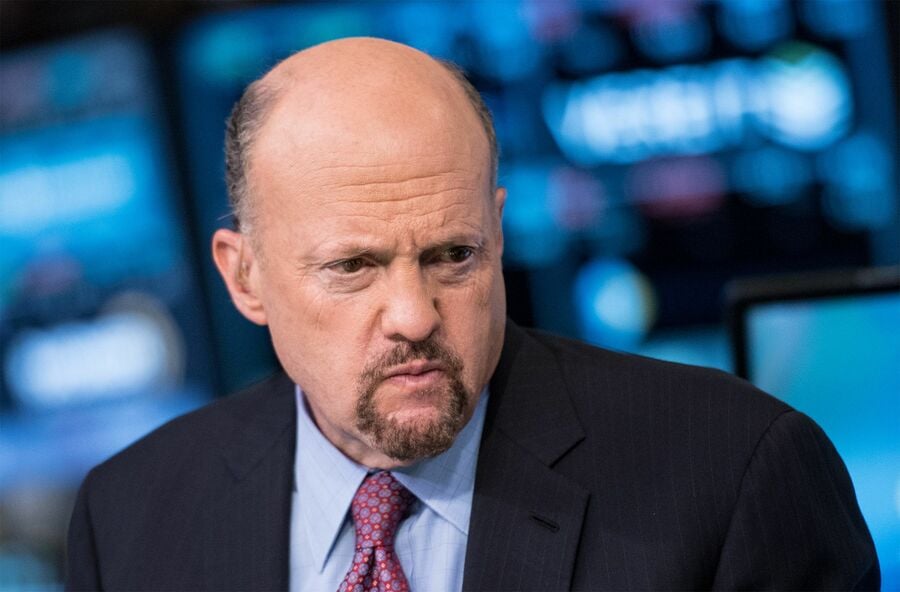

Jim Cramer has spent about four decades on Wall Street in a career that has taken him from hedge-fund manager to host of CNBC’s "Mad Money" show. The ETFs he inspired have proved a lot less durable.
The Inverse Cramer Tracker ETF (SJIM), a fund that aimed to short stocks recommended by the bombastic TV personality, is poised to join its bullish sibling on the ETF scrap heap, it was announced Thursday. SJIM will stop trading Feb. 13, according to a press release. The product has managed to attract just $2.4 million in assets since its launch in March 2023.
A spokesperson for CNBC declined to comment.
SJIM is closing five months after Tuttle Capital Management’s Long Cramer Tracker ETF (LJIM) was shuttered, with that fund — which bought the stocks Cramer recommended — garnering even fewer assets.
The inverse fund has lost 15% on a total return basis since its launch. Its demise comes on the heels of the second-busiest year for ETF closures.
“There are a lot of ‘fad’ thematics, not tied to sound economic principles,” said Jane Edmondson, head of thematic strategy at TMX VettaFi. “Sadly, most of them are destined to fail.”
Cramer, one of the most famous names on Wall Street, is known for his brash on-air personality and track record of mixed stock recommendations.
When news of the planned ETFs broke in 2022, he tweeted that he always has welcomed people betting against him, but those who did so would be wagering against some of the most successful companies in US history, including Apple Inc., Google parent Alphabet Inc. and Meta Platforms Inc.
The two funds were the brainchild of Tuttle Capital Management chief executive Matt Tuttle, who is also behind the $146 million AXS Short Innovation Daily ETF (SARK), which bets against Cathie Wood’s flagship fund. He also partnered with REX Shares to launch ETFs that provide double-leveraged exposure to single stocks including Tesla Inc. and Nvidia Corp.
“Retail investors are more focused on volatile products, and the interest in a long/short portfolio never fully materialized,” Tuttle said in the release about SJIM.
Tuttle also said that he started SJIM to “point out the danger of following TV stockpickers, Jim Cramer specifically,” and their lack of accountability.

While industry statistics pointing to a succession crisis can cause alarm, advisor-owners should be free to consider a middle path between staying solo and catching the surging wave of M&A.

New joint research by T. Rowe Price, MIT, and Stanford University finds more diverse asset allocations among older participants.

With its asset pipeline bursting past $13 billion, Farther is looking to build more momentum with three new managing directors.

A Department of Labor proposal to scrap a regulatory provision under ERISA could create uncertainty for fiduciaries, the trade association argues.

"We continue to feel confident about our ability to capture 90%," LPL CEO Rich Steinmeier told analysts during the firm's 2nd quarter earnings call.
Orion's Tom Wilson on delivering coordinated, high-touch service in a world where returns alone no longer set you apart.
Barely a decade old, registered index-linked annuities have quickly surged in popularity, thanks to their unique blend of protection and growth potential—an appealing option for investors looking to chart a steadier course through today's choppy market waters, says Myles Lambert, Brighthouse Financial.
